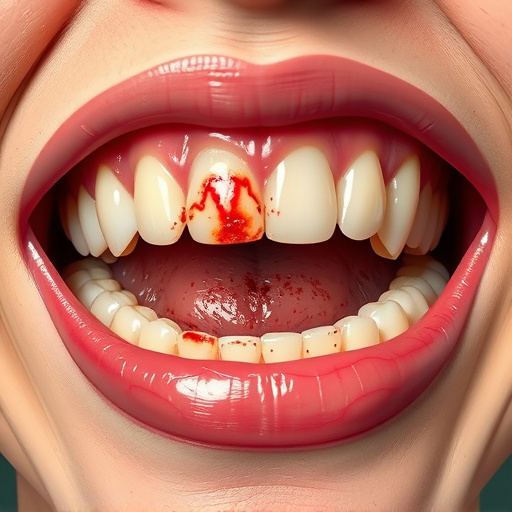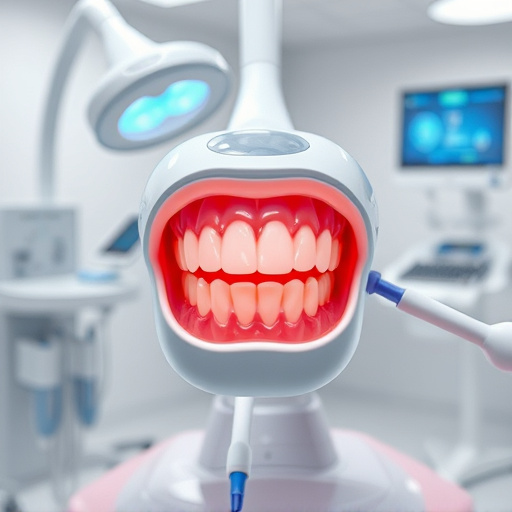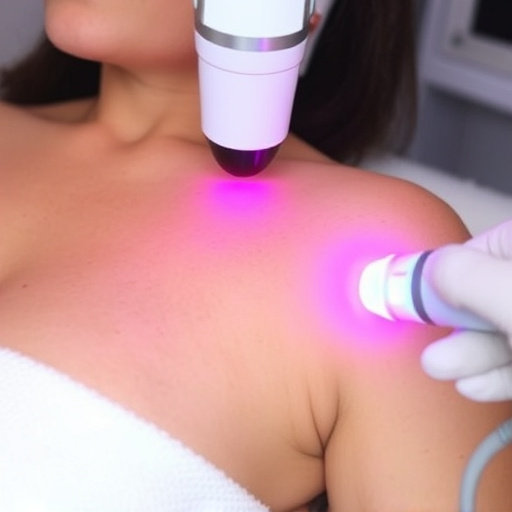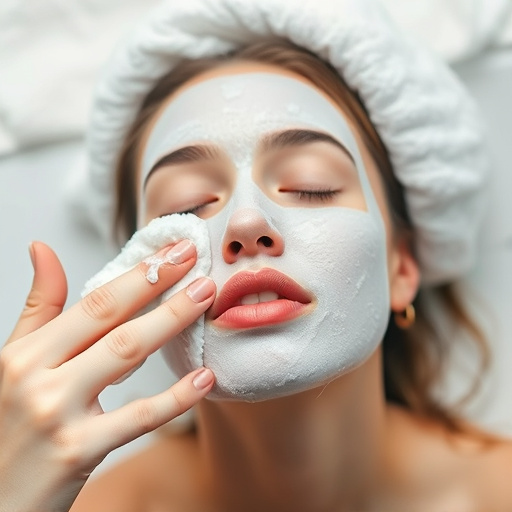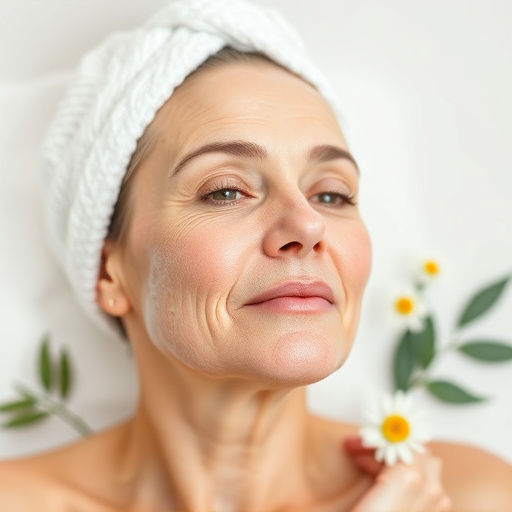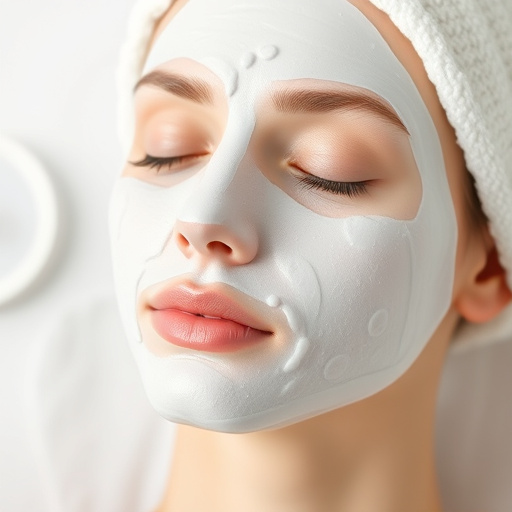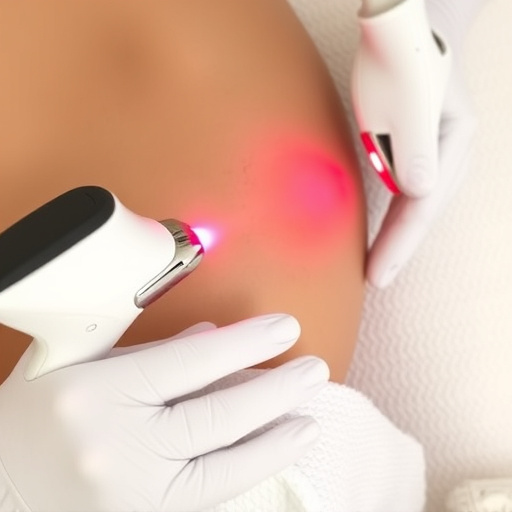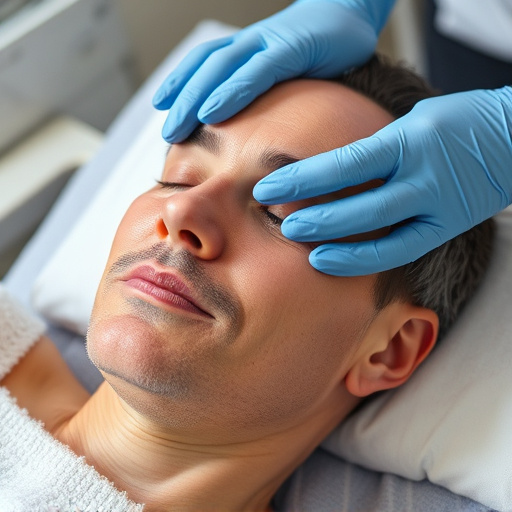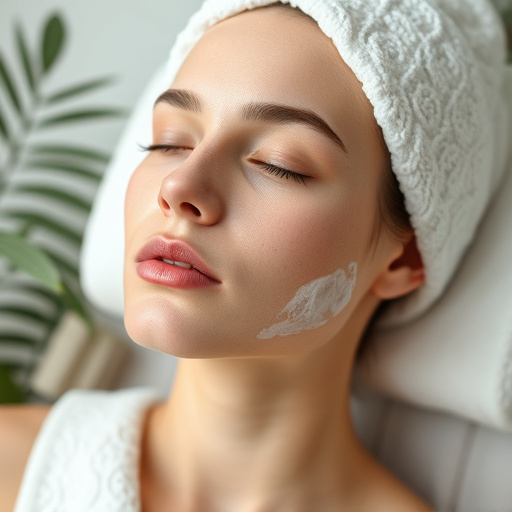Stress hormones like cortisol speed up skin aging through inflammation and oxidative stress, leading to collagen degradation and elastin fiber damage, visible as wrinkles. Fine lines treatment involves managing stress with meditation and exercise, using skincare products for brightening and repair, and adopting a healthy lifestyle. Hormonal fluctuations due to age or menopause disrupt skin elasticity, accelerating collagen breakdown and wrinkle formation; targeted treatments like microneedling are effective fine lines treatment options. Sleep deprivation and thyroid imbalances exacerbate skin texture issues; addressing sleep quality and thyroid function is crucial alongside fine lines treatment methods for holistic skin health.
Hormones play a significant role in the development of fine lines, accelerating skin aging. This article delves into the intricate ways stress hormones, estrogen, sleep, and thyroid hormones impact skin texture, contributing to the formation of wrinkles. Understanding these biological factors is crucial for effective fine lines treatment and prevention. By exploring the latest research, we uncover strategies to mitigate hormone-driven skin aging, offering hope for maintaining a youthful complexion.
- The Role of Stress Hormones in Skin Aging
- Estrogen's Impact on Fine Lines Formation
- How Sleep and Thyroid Hormones Affect Skin Texture
The Role of Stress Hormones in Skin Aging

Stress hormones, like cortisol, play a significant role in accelerating skin aging and contributing to the development of fine lines. Chronic stress can lead to increased inflammation and oxidative stress within the skin, causing collagen degradation and elastin fiber damage. These structural proteins are essential for maintaining skin elasticity and firmness, so their breakdown results in visible signs of aging, such as wrinkles and fine lines.
Managing stress levels through techniques like meditation, exercise, or personalized skincare routines that incorporate anti-aging ingredients can help mitigate these effects. Skincare products focusing on skin brightening and repair mechanisms, alongside a healthy lifestyle, offer promising avenues for minimizing the impact of stress hormones on fine lines treatment and overall skin health.
Estrogen's Impact on Fine Lines Formation

Estrogen plays a significant role in maintaining skin elasticity and moisture levels, which are essential for keeping fine lines at bay. During younger years, adequate estrogen production contributes to supple, radiant skin. However, as hormone levels fluctuate with age or due to certain life stages like menopause, this balance can be disrupted. A decrease in estrogen can lead to accelerated collagen breakdown, resulting in visible signs of aging, including the formation and deepening of fine lines.
The decline in estrogen influences the skin’s structural support systems, making it more susceptible to environmental damage from sun exposure and other factors. This hormonal shift encourages the appearance of wrinkles and contributes to overall skin laxity. Understanding these mechanisms highlights the importance of targeted facial treatments and non-surgical procedures like microneedling therapy as potential fine lines treatment options for those seeking to combat the signs of aging.
How Sleep and Thyroid Hormones Affect Skin Texture

Sleep plays a pivotal role in skin health, with inadequate rest impacting its elasticity and texture. During sleep, our bodies produce essential hormones like melatonin and growth hormone, which contribute to skin repair and regeneration. Chronic sleep deprivation can disrupt this process, leading to increased fine lines and diminished skin smoothness.
The thyroid gland’s hormonal output also significantly influences skin texture. Hypothyroidism, characterized by low thyroid hormone levels, is linked to dry, rough skin due to reduced oil production. Conversely, hyperthyroidism, with excess thyroid hormones, may cause thinning skin and heightened sensitivity. Maintaining optimal thyroid function, either through natural means or medical intervention, can help support healthy skin barriers and mitigate the appearance of fine lines when coupled with effective fine lines treatment methods such as hydrating facials, anti-aging treatments, or chemical peels.
Hormones play a significant role in the development of fine lines, with stress hormones accelerating skin aging, estrogen influencing line formation, and sleep and thyroid hormones impacting skin texture. Understanding these connections is crucial for effective fine lines treatment. By managing stress levels, maintaining a balanced estrogen level, prioritizing quality sleep, and keeping thyroid levels optimal, individuals can promote healthier, more youthful-looking skin.



